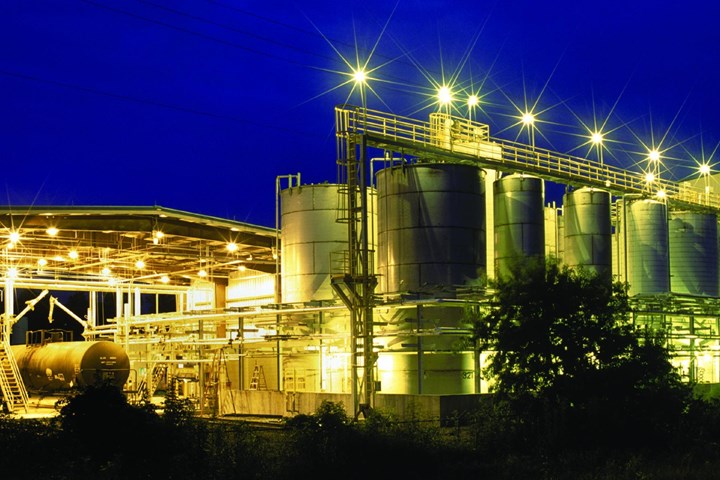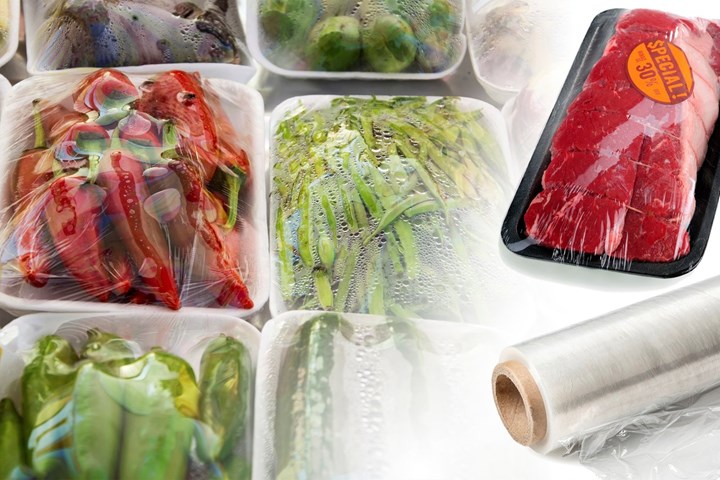Dover Chemical Issues Price Hike on Organo-Phosphite Additives
Driven by increases in raw material and freight costs, Dover’s price increase includes TNPP used as a process aid in polyolefin packaging.
A 10¢/lb increase on all liquid alkyl and aryl organo-phosphite (esters), including all grades of tris-nonylphenol phosphite (TNPP), has been announced by Dover Chemical, Dover, Ohio. The increase for these products, sold under the Doverphos trade name, becomes effective January 15, 2021, or as contracts allow. They are primarily used as heat stabilizers for flexible PVC and as process aids for polyolefins.

The company attributes the need for the increase to continued increases in both raw material and freight costs on a global basis due to higher operational costs and reduced availability. All orders placed for shipment on or after January 15, 2021 will be affected by this increase. Standard lead-time for bulk orders is 8-10 calendar days, and lead-time for all packaged goods is 14 calendar days.
Business manager for polymer additives Matthew Fender confirms that the company’s newer proprietary, high-molecular-weight liquid phosphites Doverphos LGP-11 and LGP-12, are not affected by the increase. Both products have been shown to be excellent replacements for workhorse phosphite TNPP, particularly as process aids for polyolefin packaging, where purity is an issue. These products contain no alkylphenols, have low migration, and display excellent color performance, compatibility, and hydrolytic stability. Additional benefits shown by these products during and after processing and post-processing, include excellent gas-fade performance during NOx exposure and heat aging, typically contributed by hindered phenolic antioxidants. Both LGP-11 and 12 have FDA food-contact clearance for use with LLDPE and FDA approval for HDPE and PP is also expected in the near term.

Related Content
-
Prices Up for All Volume Resins
First quarter was ending up with upward pricing, primarily due to higher feedstock costs and not supply/demand fundamentals.
-
Prices for All Volume Resins Head Down at End of 2023
Flat-to-downward trajectory for at least this month.
-
Fundamentals of Polyethylene – Part 3: Field Failures
Polyethylene parts can fail when an inappropriate density is selected. Let’s look at some examples and examine what happened and why.












